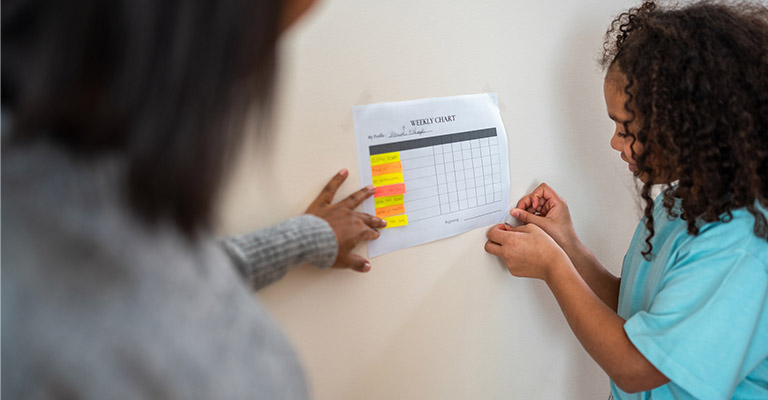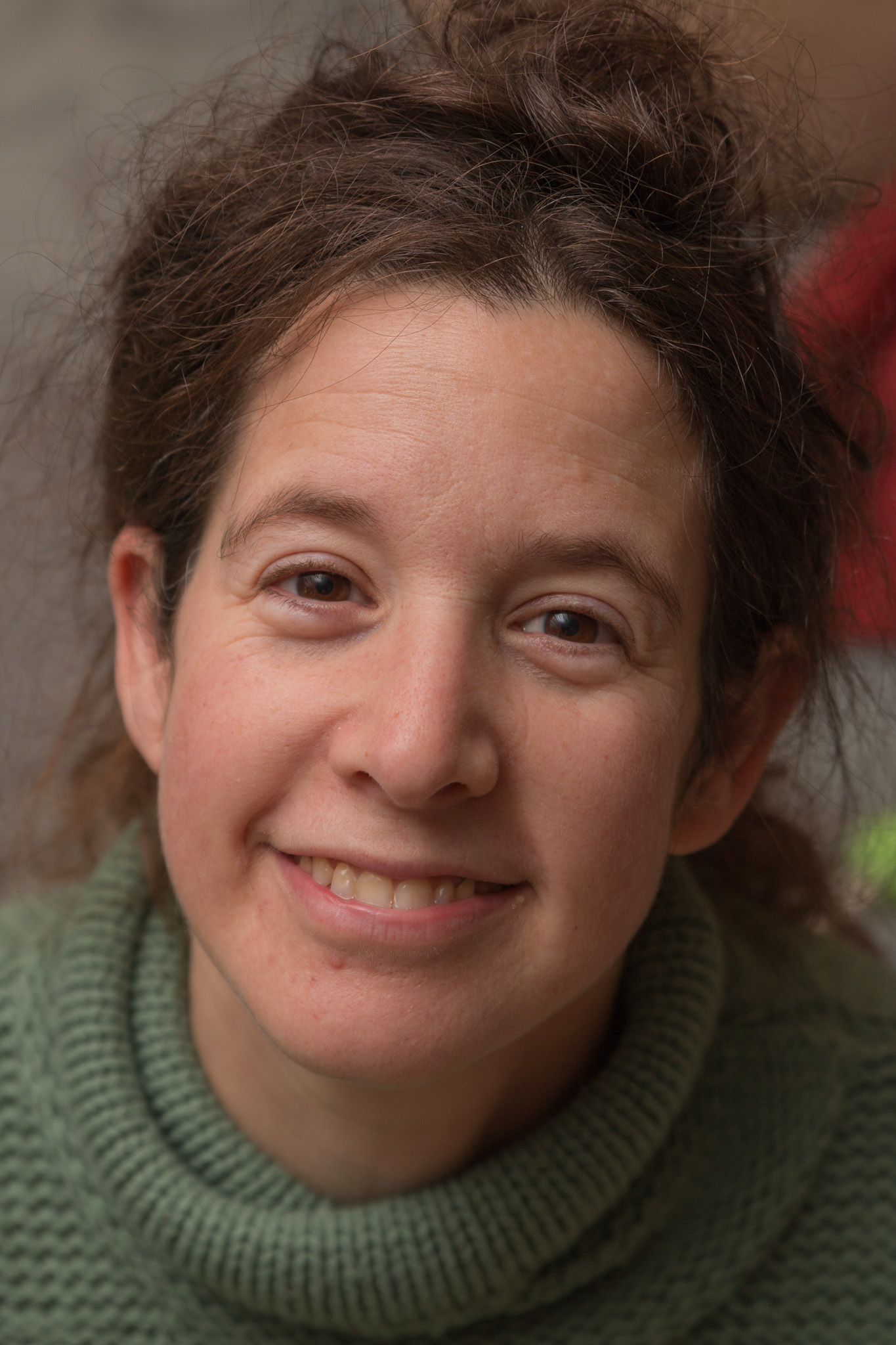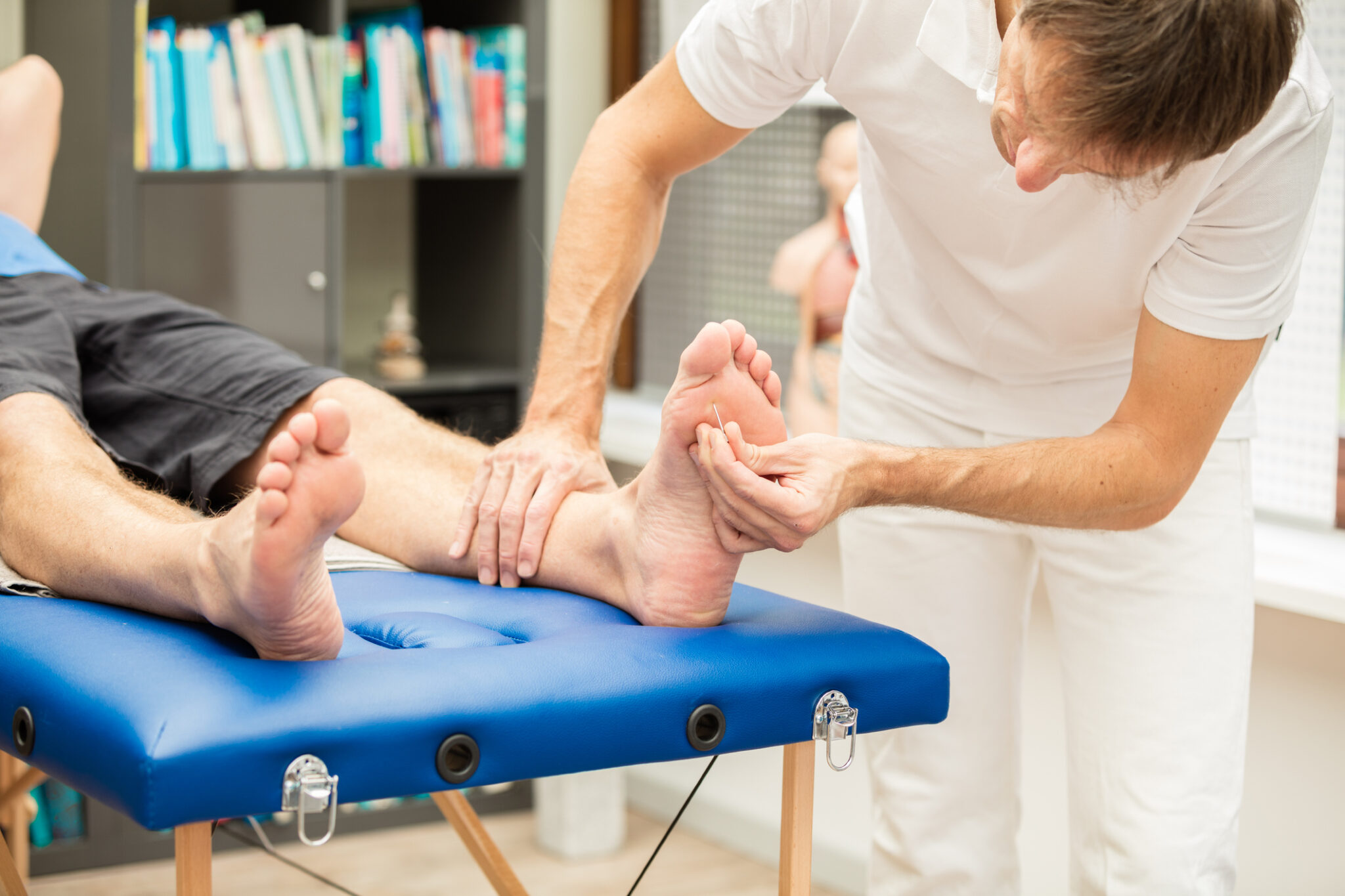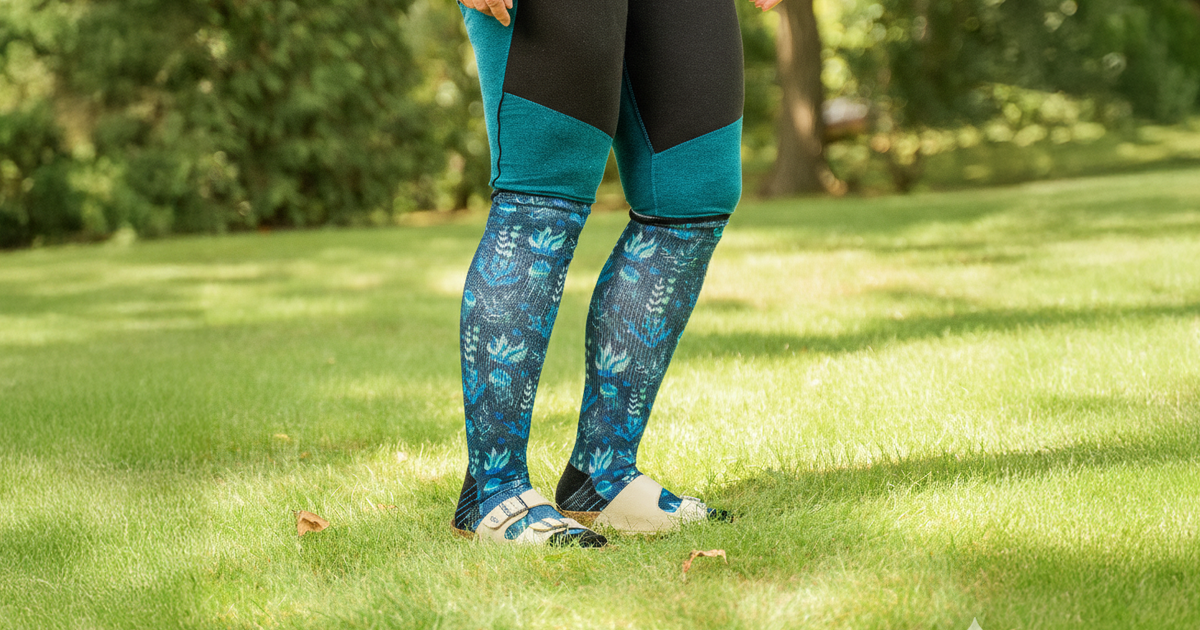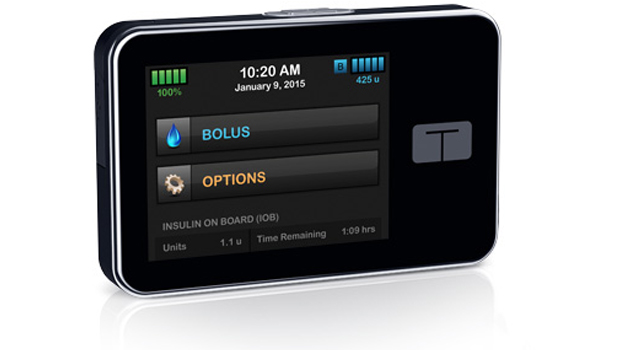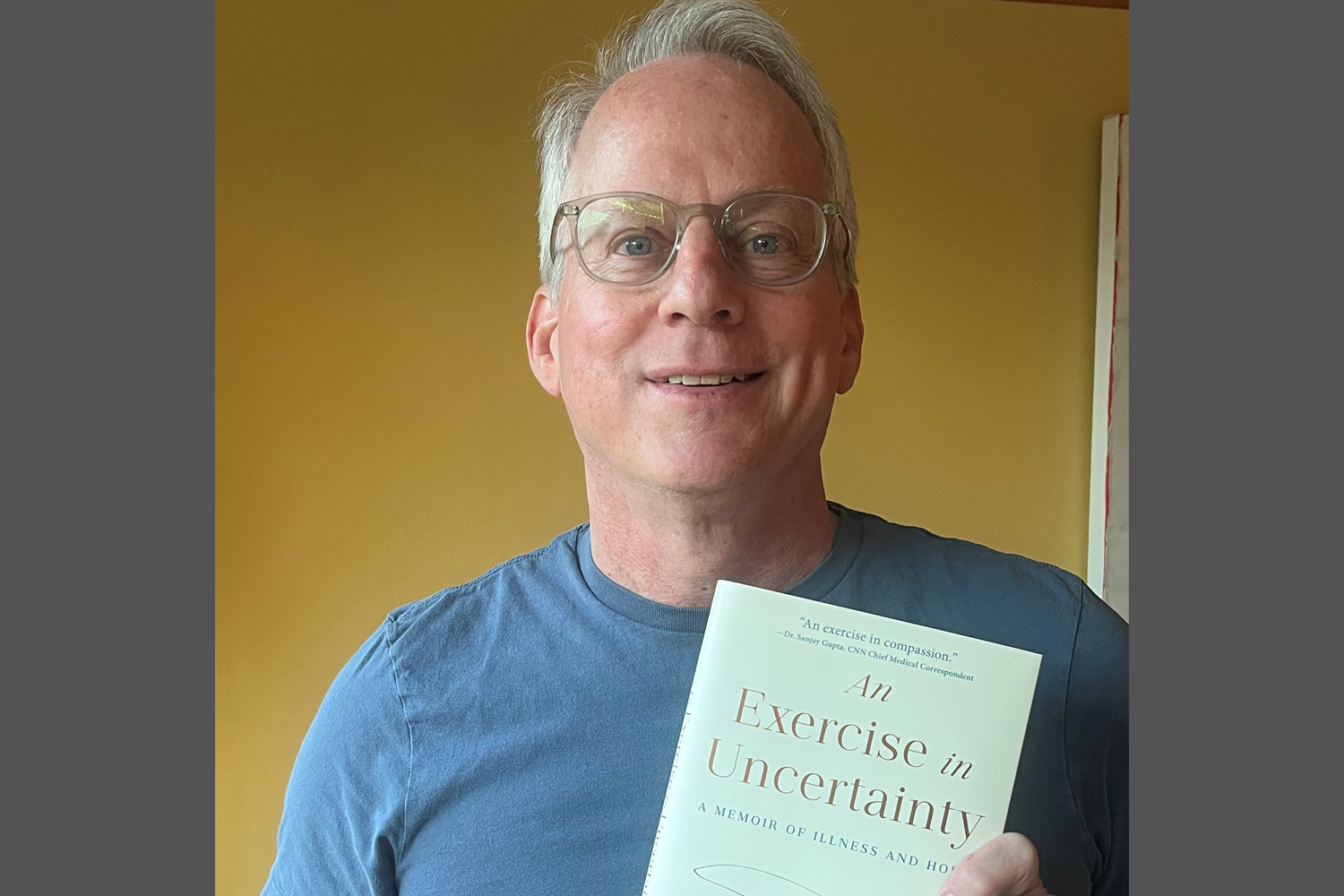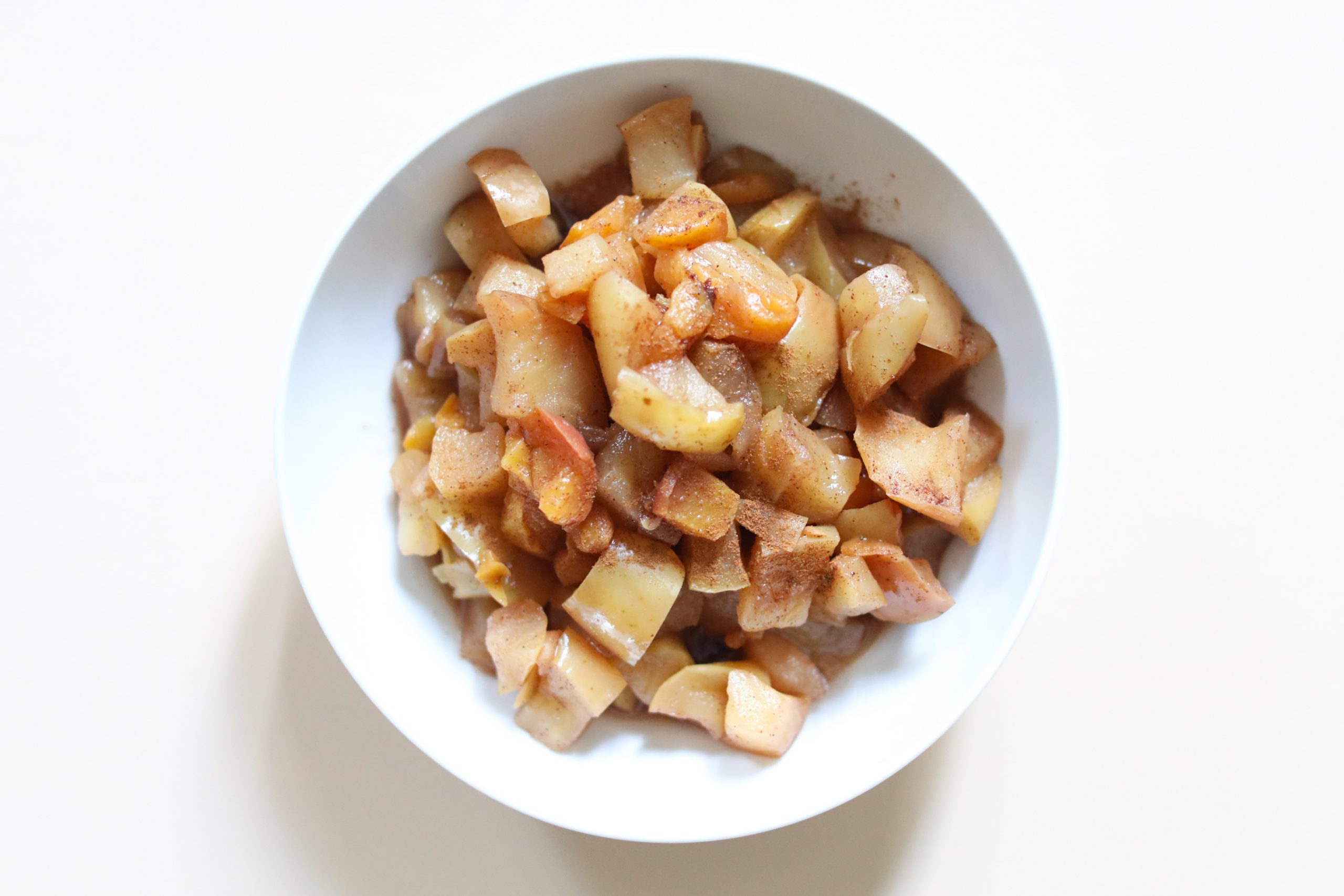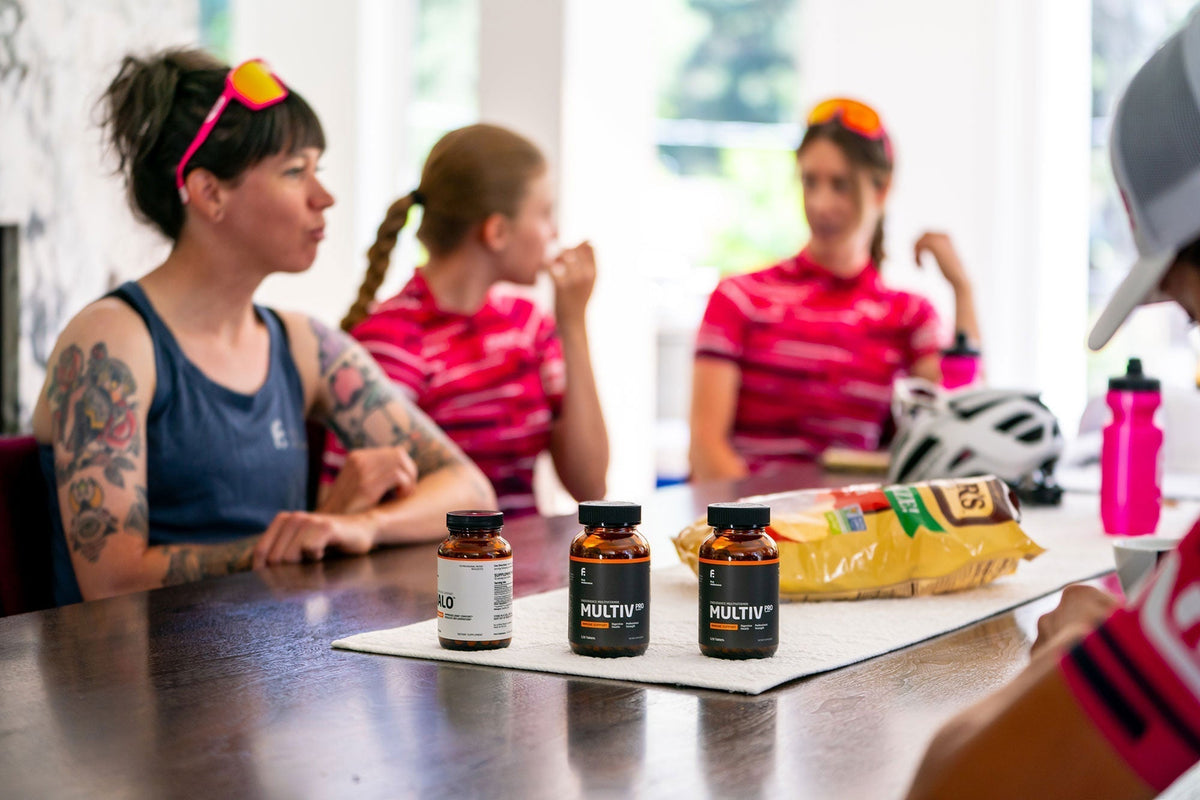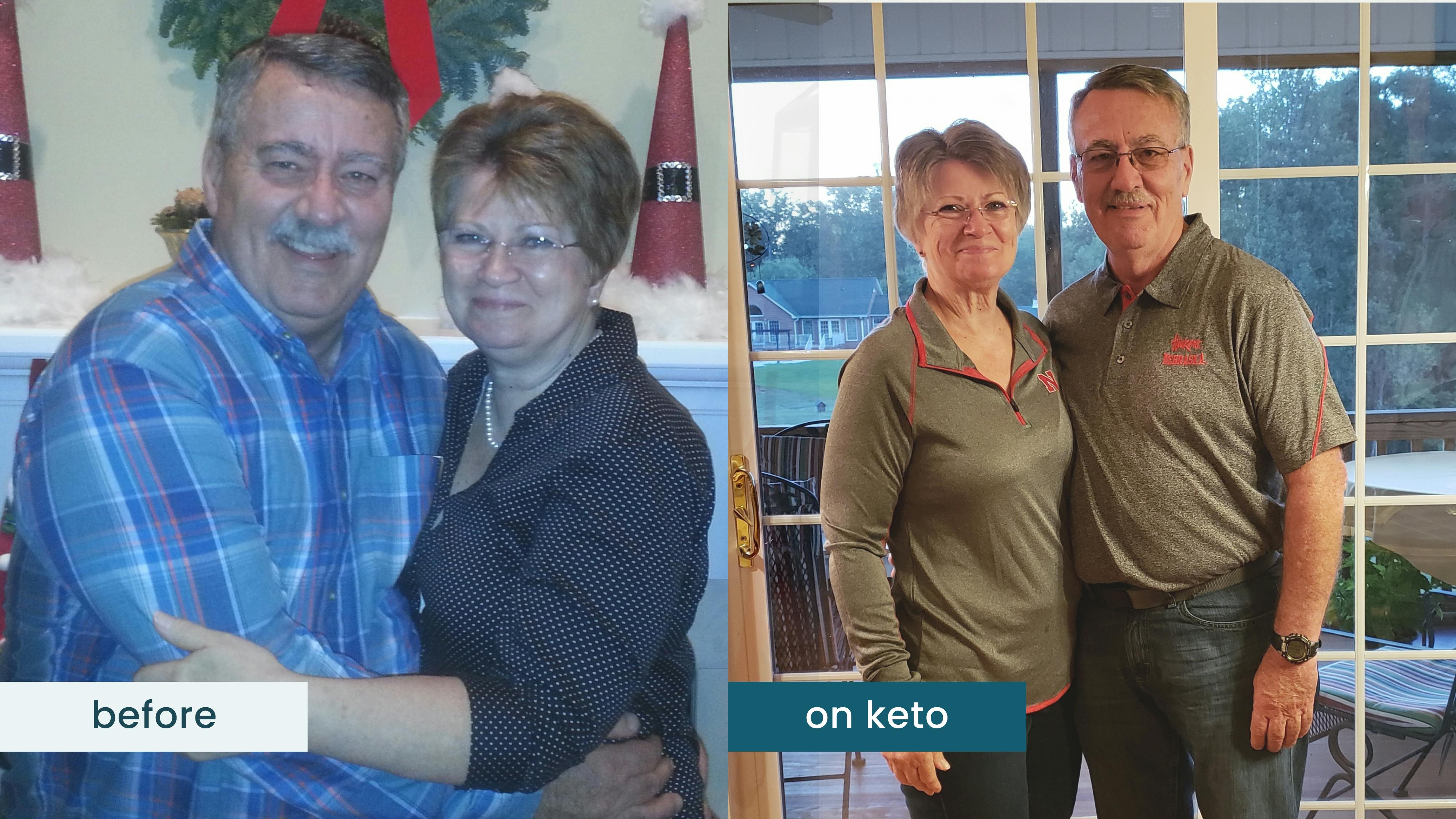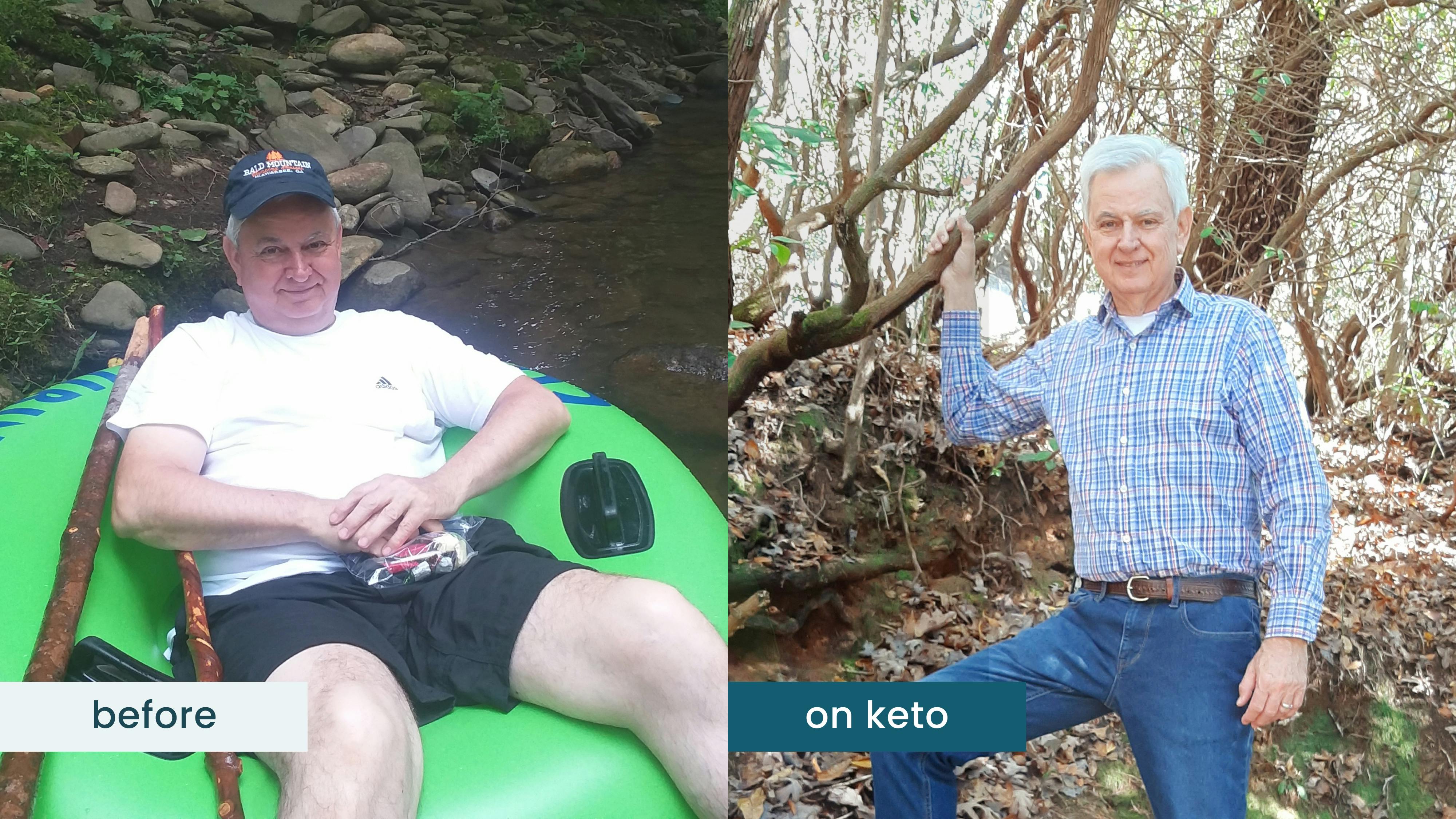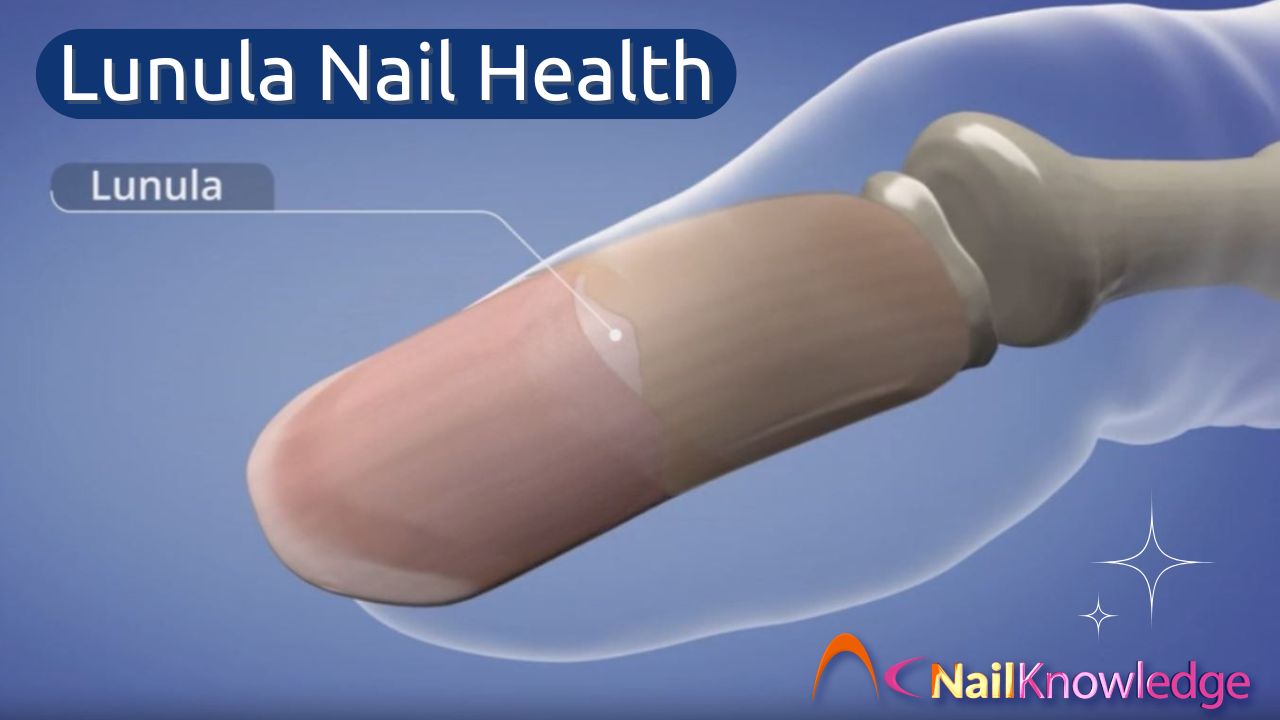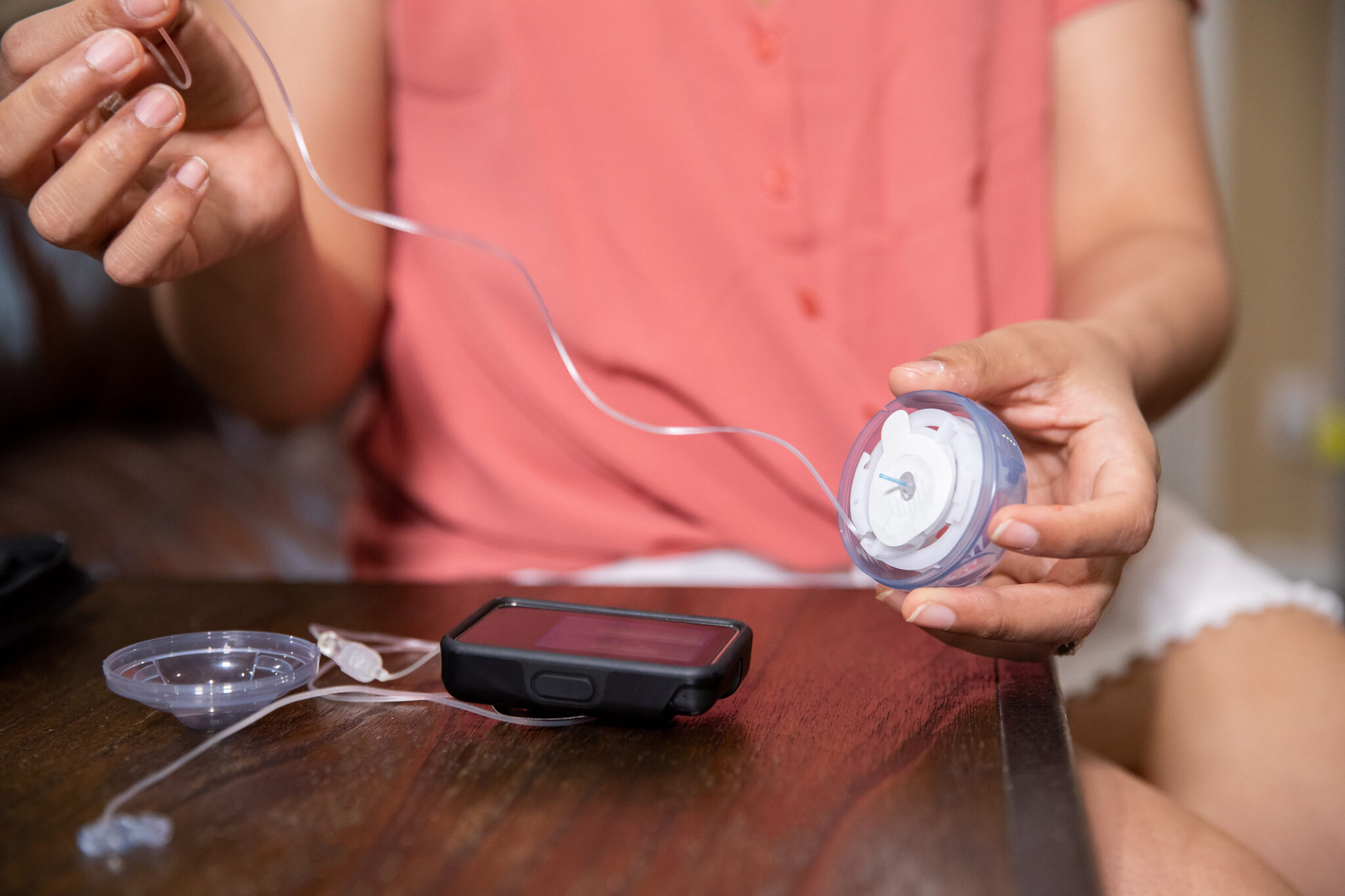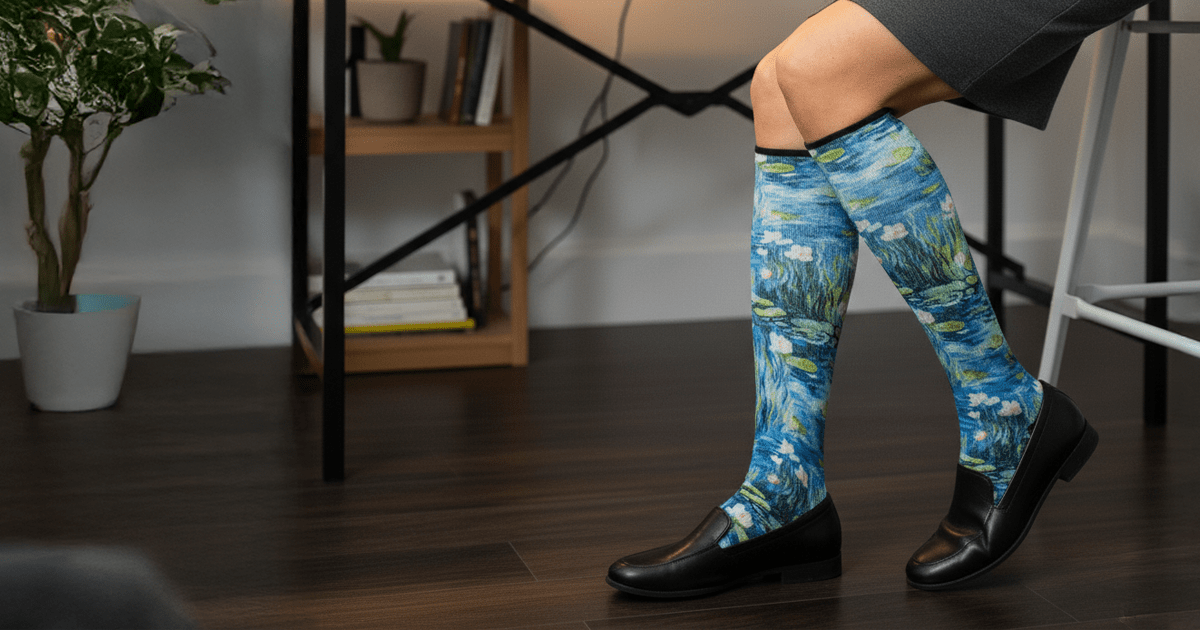Meet Adam Brown: Author, Therapist, T1D Advocate, and Juggler!

It’s inspiring to meet people with type 1 diabetes (T1D) living their lives to the fullest while helping others. Adam Brown is one of them.
Brown, a familiar face in the diabetes community, is appreciated for his friendly demeanor, insightful conversations, and infectious positivity. He’s connected with many through his work as an author of “Bright Spots & Landmines: The Diabetes Guide I Wish Someone Had Handed Me,” and as a columnist for diaTribe.
“I had a turning point in 2018,” said Brown, reflecting on his hospitalization for a ruptured appendix. “Being in the hospital gave me a break from the daily grind of journalism, and it led me to consider trying something different.”
This sparked conversations about graduate school and pursuing a career as a psychologist or therapist. “I’ve always been interested in understanding behavior and what makes people tick,” explained Brown, who went on to get a master’s degree in counseling psychology. He now runs a private therapy practice in San Francisco.
In an interview with T1D Exchange, he discusses the psychology of diabetes, his healthy habits for managing real-time T1D data, and how juggling has become one of his favorite hobbies. Read on to learn more about his journey.
What’s something people don’t know about you?
(AB:) Juggling has become an important hobby in my life.
I love finding life lessons, mental health lessons, and learning in unexpected places. After my dog passed away in 2021, I started attending a Juggling Club at Circus Center in San Francisco. I really wanted an in-person connection and an activity not related to professional endeavors.
I could barely juggle, and I was so scared to go. Entering a space where you’re thinking, “I’m going to be the worst person in the room.”
And I was! But it was so fun. People helped me out, and I just kept showing up week after week and got so much better.
Eventually, the leadership changed, and they needed someone to take over. (That was me!) I said, “I show up the most consistently, and I want to take this over and cultivate a community.” And now, I lead the juggling club.
Why juggling?
(AB:) What I love about juggling is that so many lessons apply to therapy and life. When you’re doing something hard, you can be kind to yourself or critical and mean.
When I coach people to juggle or when I’m doing something hard myself, I can feel the difference in mindsets, which totally shapes someone’s experience with an activity. In fact, I’ve performed this live metaphor in diabetes presentations recently, and people can immediately notice the difference.
There are also differences in how people learn and where they get stuck. Everyone has a different learning history, and juggling makes this very obvious. Do you struggle with your left hand? Does some previous sport you played influence how you throw?
Scaffolding is crucial. If I’m trying to teach someone to juggle, I won’t hand them three balls and say, “Go!” We start with one ball, and once we get that down, we do one ball, clap, and catch. And then we do two balls with a visual metaphor (I draw a box in the air and invite them to hit the corners.) Finally, we add a third ball and go for three catches, four catches, and then five and six.
When something is hard, doing it in community makes a huge difference. We often feel alone in life when facing difficult challenges, and juggling has reminded me of how meaningful it is to do things together. All of this learning applies to how I work with clients — understanding how different people learn, being kind, scaffolding and titrating difficulty, being part of a community, and modeling behavior.
How do you handle daily life (and all the beeping) with T1D?
(AB:) This may be surprising to people, but I would say over time I’ve become more analog and less tech-y. I don’t wear a smartwatch anymore. I spend as little time on my phone as possible. These have improved my mental health, attention, and ability to engage in my life.
Often, I notice phones train people in habits that can be unhelpful for their mental health — distraction, rushing, multitasking, speed, comparison, judgment — so I try to embody that in my own life.
I currently wear a Tandem with Control IQ, and that works great. While I have my routine down, I don’t use any diabetes apps consistently right now. I don’t even run Dexcom on my phone.
What I most want for people is to find a system that works for them — to live well with their diabetes and engage deeply in their life.
I see all kinds of patterns with clients. I’ve found that some people get overly attached to their diabetes data and tech, hold it too tightly, and tinker too much. Then, diabetes can take up too much space in their life; it becomes job #1 and takes them away from other things that are important. It doesn’t need to be approached that way 24/7.
Of course, there can be the opposite problem: diabetes taking up too little space, not attending to it, not looking at it or adjusting, and not learning from data. There’s a wide spectrum. I think a lot of what I see now is an anxious, worried, stressed, “gripping-tight” experience with diabetes and data.
The post Meet Adam Brown: Author, Therapist, T1D Advocate, and Juggler! appeared first on T1D Exchange.
What's Your Reaction?
 Like
0
Like
0
 Dislike
0
Dislike
0
 Agree
0
Agree
0
 Disagree
0
Disagree
0
 Excellent
0
Excellent
0
 Useful
0
Useful
0
 Great
0
Great
0

